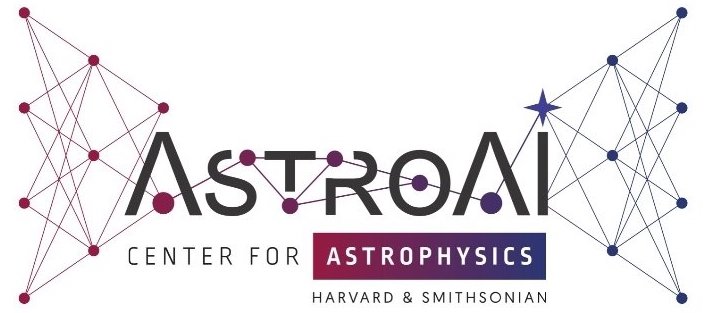Latent Stochastic Differential Equations for Modeling Quasar Variability
Presenter: Joshua Fagin
Title: Latent Stochastic Differential Equations for Modeling Quasar Variability
Date/Time: Thursday, June 20th, 2:20 PM
Abstract: Quasar variability is thought to be a stochastic process and often modeled as the solution of stochastic differential equations (SDEs) such as the damped random walk. Upcoming wide-field telescopes such as the Rubin Observatory Legacy Survey of Space and Time (LSST) are expected to observe tens of millions of AGN in multiple filters over a ten-year period, so there is a need for efficient and automated modeling techniques that can handle the large volume of data. We discuss modeling quasar variability using latent SDEs, a type of physically motivated, generative deep learning model that we modify to simultaneously reconstruct noisy time series with irregular sampling and perform parameter inference. We show how latent SDEs model LSST-like quasar light curves better than a Gaussian process regression baseline and can predict variability and accretion disk parameters such as the black hole mass, inclination angle, and temperature slope. We further improve this work through the construction of auto-differentiable simulations of the accretion disk to explicitly link the accretion disk parameters to the light curve reconstruction in a physics-informed network. We then use a recurrent inference machine technique to iteratively improve the light curve reconstruction and parameter inference. These methods are applicable to a wide range of other multivariate times series with irregular sampling.
